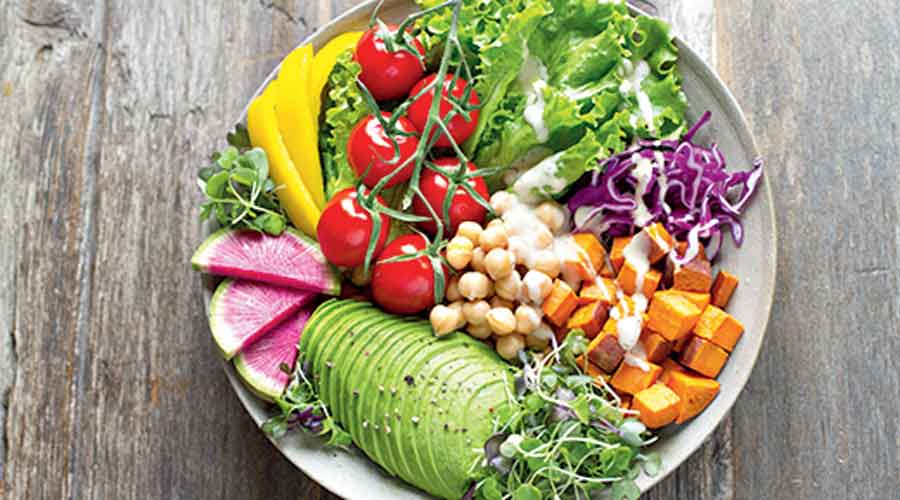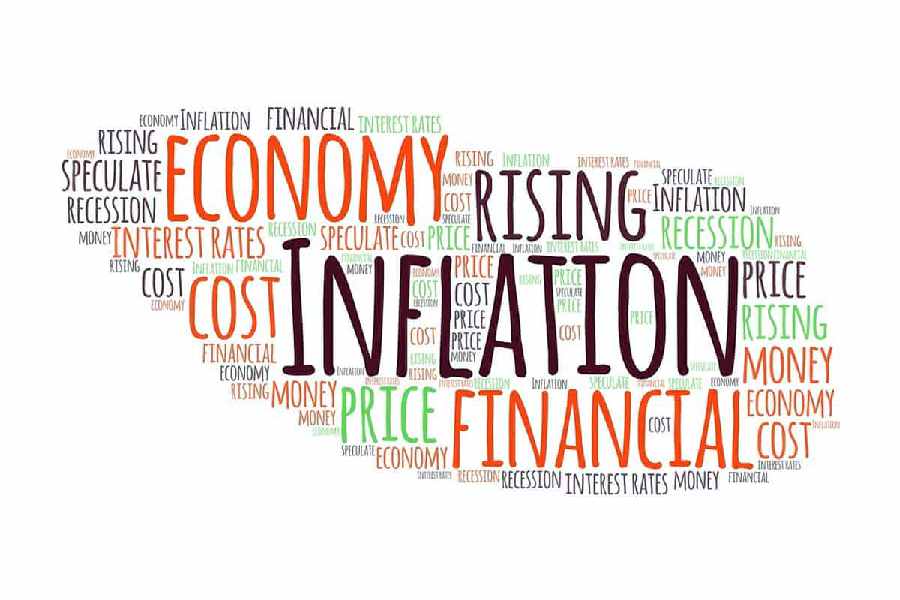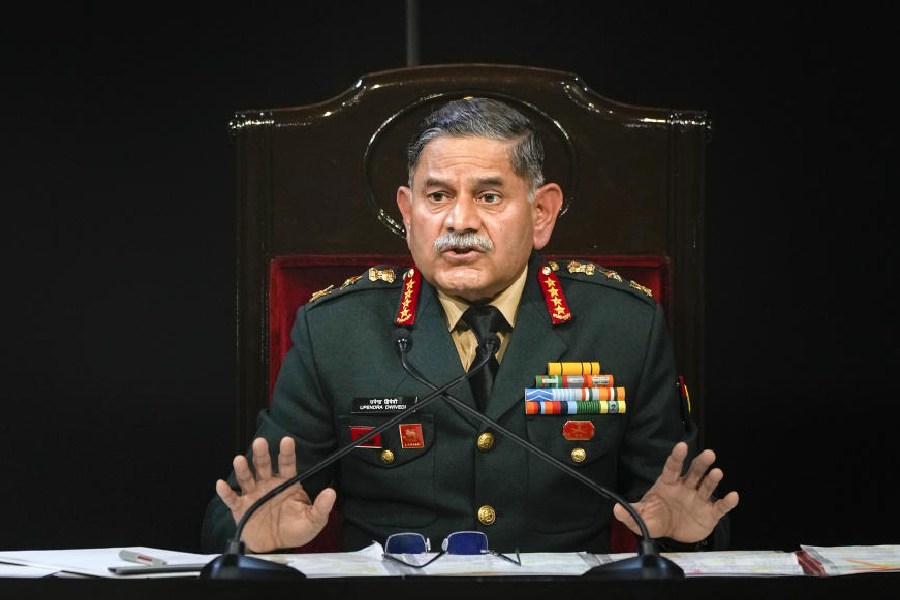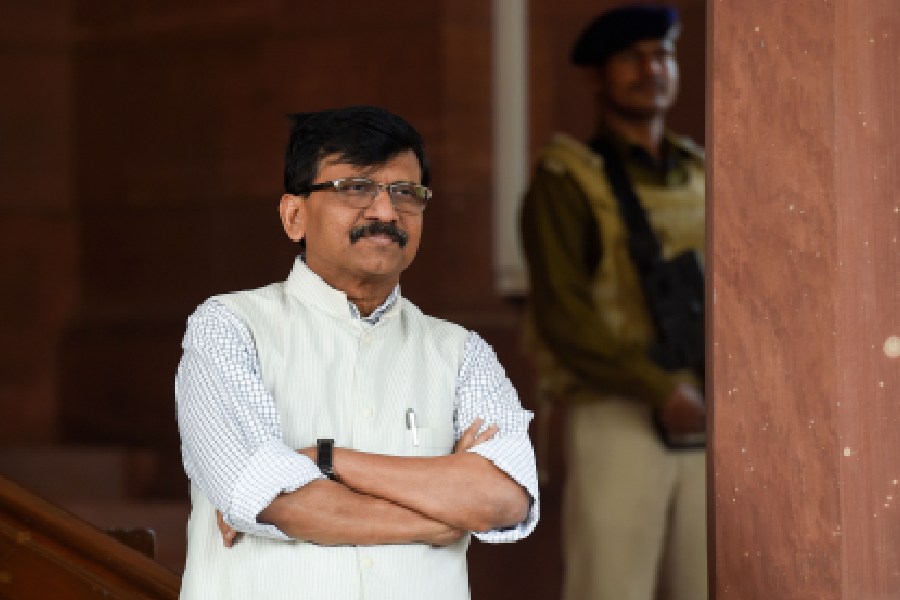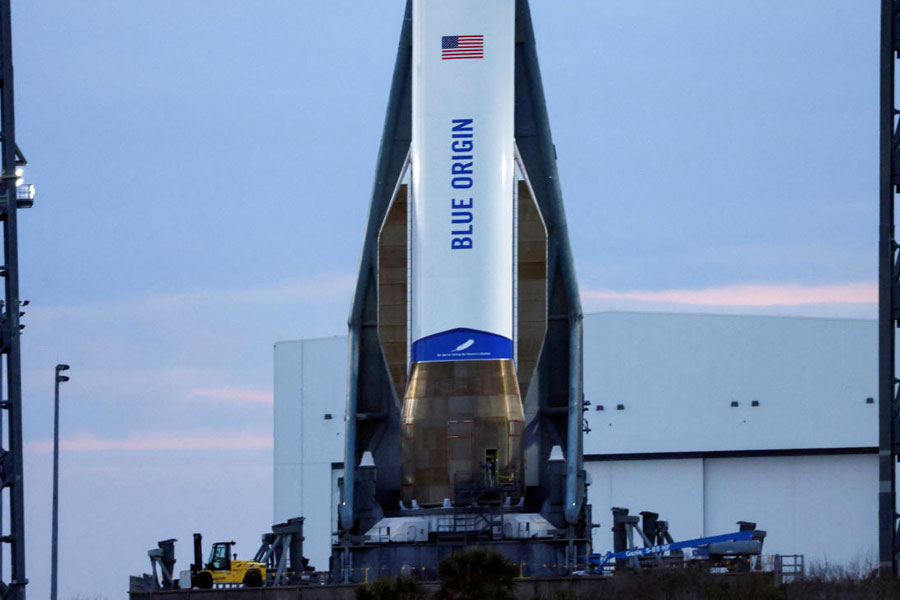Sir — A nationwide survey found that about 98 per cent of adults in India eat inadequate levels of fruits and vegetables. Moreover, Indians also consume salt in excess. This is alarming. The absence of a balanced diet puts people at a greater risk of non-communicable diseases such as cardiovascular disorders, diabetes or cancers, often leading to premature death. While many Indians do not have access to adequate food, even those from middle- or high-income households, forgo fruits and vegetables in favour of processed food. Every region in India grows a vast selection of fresh produce throughout the year. It is time we learnt to eat well and prioritize our health.
Priyadarshini Moitra,
Calcutta
Fresh start
Sir — As the third phase of the Covid-19 vaccinations kicked off, the prime minister, Narendra Modi, was one of the first people to get inoculated at the All India Institute of Medical Sciences (“Modi takes jab, app trips on first day rush”, March 2). Though approximately 1.19 crore front-line healthcare workers in India have been administered vaccines so far, the vaccination drive is yet to match up to the huge expectations and potential.
Many people seem reluctant to take the vaccine, questioning its safety and efficacy. It is high time the ruling party as well as Opposition leaders came together to send a strong message to the masses about the importance of getting vaccinated.
People in India are also likely to listen to sportspersons and actors. Thus, vaccination campaigns with celebrities at the helm tend to have a greater impact. Leading healthcare professionals should continue to send strong messages to the public regarding the dangers posed by the coronavirus and the importance of vaccines. We cannot let fear or distrust grow, especially when we are exporting vaccines to many other countries around the world.
Reba Ghosh,
Calcutta
Sir — India kicked off an important phase in its vaccination drive recently by roping in private healthcare providers to augment the effort. It is heartening that the prime minister was among the first to get vaccinated in this phase. This is an important move in pushing back against vaccine hesitancy that can slow down progress.
In the current phase, India is moving towards controlled market conditions to drive the vaccination process. The Centre will procure the vaccines and use state governments and private healthcare providers affiliated to state medical insurance schemes to carry out the inoculation drive. The price, therefore, has been capped at Rs 250 per dose and the beneficiaries were restricted to senior citizens and those aged 45 and above with comorbidities.
The expansion of beneficiaries is a step towards normalization of social activities. It is hoped that eventually this will help the economy to get back on track.
Khokan Das,
Calcutta
Sir — There is no doubt that India’s vaccination strategy is very closely intertwined with its economic fortunes. According to government estimates, the economy contracted by a staggering 8 per cent in the year 2020-21. To recover lost ground, the service sector, which accounts for 50 per cent of India’s gross domestic product, needs a confident restart.
However, a resurgence in infections over the past few weeks has led to renewed concerns regarding the pace of recovery. It seems that only rapid mass vaccination can instil confidence in businesses as well as consumers. Industry mavens are proposing an intensive three to four month vaccination effort that can cover 70 per cent of the population. This will require more vaccine approvals, greater manufacturing capacity, an open market and more private vaccination centres. If we take these steps, the economy will get a much-needed boost.
N. Sadhasiva Reddy,
Bangalore
Sir — As India witnesses a surge in Covid-19 infections, it is crucial that senior citizens as well as persons with comorbidities get vaccinated at the earliest. Considering the size of our population, there are certainly going to be numerous challenges along the way.
Oishi Sarkar,
Calcutta

